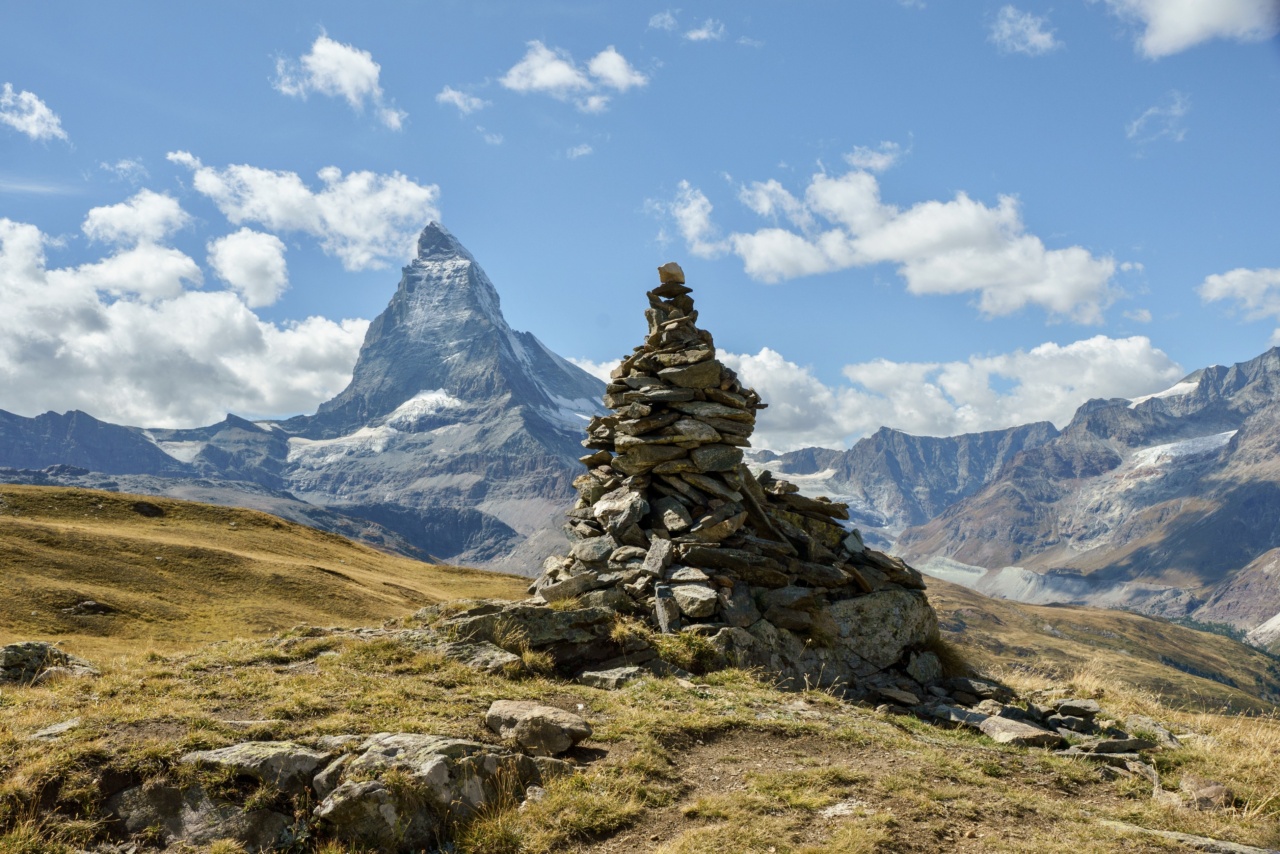Kidney stones are solid deposits that form in the kidneys. These stones are made up of various minerals and other compounds found in urine, and they can range in size from a grain of sand to the size of a golf ball.
Kidney stones can be extremely painful and can cause some serious damage to your kidneys if left untreated. In this article, we will discuss 10 ways to avoid kidney stones.
1. Drink Plenty of Water
Drinking plenty of water is one of the best ways to avoid kidney stones. Water helps to dilute the substances in urine that can cause kidney stones to form.
Drinking enough water also helps to flush these substances out of your system before they can form a stone. Generally, you should aim to drink at least eight glasses of water every day.
2. Cut Back on Sodium
Sodium, which is found in salt, can cause the kidneys to excrete more calcium into the urine. This, in turn, can increase the risk of kidney stones forming. To avoid this, you should cut back on your sodium intake.
This means avoiding processed foods and adding less salt to your meals. You can also replace salt with other seasonings that add flavor, such as herbs and spices.
3. Limit Animal Protein
Animal protein, such as meat, poultry, and fish, can increase the amount of uric acid and calcium in the urine. This can lead to the formation of kidney stones. To reduce your risk, you should limit your intake of animal protein.
You don’t have to eliminate it completely, but you should aim to have no more than one serving per day.
4. Eat More Fruits and Vegetables
Fruits and vegetables are rich in vitamins, minerals, and fiber, all of which can help to reduce the risk of kidney stones. They can also help to increase urine volume, which helps to flush out substances that can cause stones to form.
You should aim to eat at least five servings of fruits and vegetables per day.
5. Avoid Oxalate-Rich Foods
Oxalate is a compound found in many foods, including spinach, rhubarb, beets, and chocolate. When oxalate is combined with calcium in the urine, it can form kidney stones.
If you are prone to kidney stones, you should avoid or limit your intake of oxalate-rich foods.
6. Choose Calcium-Rich Foods
Contrary to popular belief, a diet that is low in calcium can actually increase the risk of kidney stones.
This is because calcium helps to bind with oxalate in the gut, preventing it from being absorbed and reducing the amount that is excreted in the urine. You should aim to get your calcium from foods such as milk, cheese, and yogurt.
7. Cut Back on Sugar
Consuming too much sugar can lead to obesity, which is a risk factor for kidney stones. Sugar can also increase the amount of calcium excreted in the urine, increasing the risk of stones forming.
To reduce your risk, you should limit your intake of sugary foods and drinks.
8. Don’t Overdo it with Vitamin C
Large doses of vitamin C can increase the amount of oxalate in the urine, increasing the risk of kidney stones. To avoid this, you should limit your intake of vitamin C supplements, and try to get your vitamin C from food sources instead.
9. Exercise Regularly
Regular exercise can help to reduce your risk of kidney stones. Exercise can help to keep your weight under control, and it can also help to increase urine volume, which helps to flush out substances that can cause stones to form.
You should aim to get at least 30 minutes of physical activity on most days of the week.
10. Quit Smoking
Smoking can increase the risk of kidney stones. This is because tobacco can increase the amount of calcium excreted in the urine, increasing the risk of stones forming. To reduce your risk, you should quit smoking.
Conclusion
Kidney stones can be extremely painful and can cause serious damage to your kidneys if left untreated. Fortunately, there are many ways to reduce your risk of developing kidney stones.
By drinking plenty of water, cutting back on sodium, limiting animal protein, eating more fruits and vegetables, avoiding oxalate-rich foods, choosing calcium-rich foods, cutting back on sugar, not overdoing it with vitamin C, exercising regularly, and quitting smoking, you can greatly reduce your risk of developing kidney stones.






























